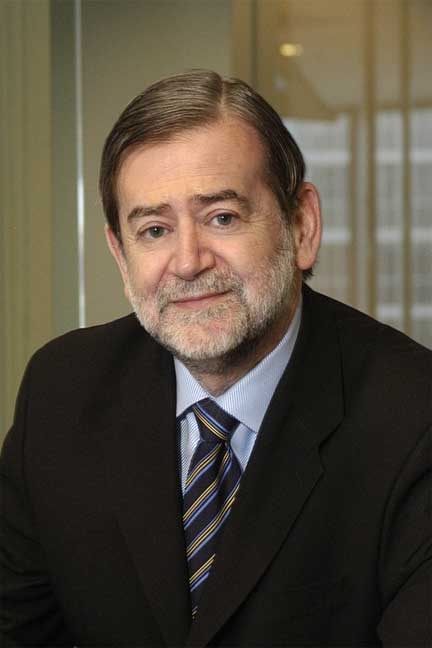
There’s little chance an escalating dispute between Ottawa and the federal courts of this country — about IT procurement, of all things — will ever find its way into a courtroom, despite the Supreme Court of Canada’s threat to directly challenge the constitutionality of the policy if it isn’t reversed.
 The fight centres on procurement of IT equipment under Shared Services Canada, the bureaucracy created as a bulk purchaser last year by the former Conservative government. Under rules that went into effect Sept. 1, IT equipment purchases by federal and military courts now fall under the oversight of Shared Services.
The fight centres on procurement of IT equipment under Shared Services Canada, the bureaucracy created as a bulk purchaser last year by the former Conservative government. Under rules that went into effect Sept. 1, IT equipment purchases by federal and military courts now fall under the oversight of Shared Services.
Exemptions were created for watchdogs like the auditor general, privacy commissioner, and information commissioner. The highest courts in the land, however, were not afforded such an exemption — an omission some legal observers (who declined comment) are calling an intentional snub by the judicially combative former government.
Now, according to documents uncovered via access-to-information laws and reported yesterday by the Canadian Press, a number of federal courts — including the Federal Court, the Federal Court of Appeal, and the SCC — are presenting a united front against a policy they say undermines judicial independence.
On Thursday afternoon, the Supreme Court released the following statement. "The application of Order in Council PC 2015-1071 to the Supreme Court of Canada became a matter of concern to the Court before its entry into force in September 2015. The Registrar of the Supreme Court of Canada and other Court officials met with Department of Justice officials and others to explain the concern and emphasize the need to preserve the Court’s administrative independence from government. The Court was encouraged by the federal government’s response and is expecting a satisfactory resolution of the issue shortly."
Mark Freiman is a litigator at Lerners LLP who, as a former deputy attorney general in Ontario, has direct experience with judicial brinksmanship. Despite all the bluster, Freiman says we’re unlikely to see a constitutional challenge. What will probably happen, he says, is the new Liberal government will simply reverse the policy.
“It’s highly unlikely that this will go any further,” says Freiman. “At first instance, all of this is conducted on an administrative level, with administrators talking to administrators. And then the judges get wind of it, and they become concerned, and they talk to the administrators. I think by the time this gets up to a decision at the political level — I would be surprised, but I’ve been surprised before.”
Whether a challenge is forthcoming or not, Freiman says the courts are appropriately defending their judicial independence, given the importance of information technology in the judiciary. The sensitive nature of information handled by the courts, he says, requires a custom approach to IT procurement — not the generalized approach of a bulk purchaser — and that’s both for the sake of functionality and security.
Perhaps more to the point, a policy that gives government the authority to make financial and administrative decisions on behalf of the courts could, in theory, give the Crown an advantage in litigation, or create a perceived conflict of interest where a judge’s decision may be influenced by procurement interests.
“Now, that’s hardly likely to happen, but the appearance that the government has a hold over judges is an important component of judicial independence,” says Freiman.
“The government is a litigant . . . and as a litigant, it is subject to the rule of law, which means that it has to be equal before the court both in fact and in appearance. If it appears that the government has an advantage over an ordinary litigant or that it is holding something over the judiciary, that undermines the appearance of judicial independence.”
If a constitutional challenge did proceed, Freiman says the optics could be “undesirable.” The motion would be initially brought by a court administrator or a judges’ association, with federal judges named as plaintiffs, but any appeal would end up at the Supreme Court of Canada, where the high court would be forced to invoke the “doctrine of necessity” to rule on an issue in which it is has a direct stake.
“The court has [in the past] invoked the doctrine of necessity, saying we don’t like to do this but there’s no one else who can do it, so we have to sit in judgment, even though we are affected by it,” says Freiman. “It would be highly undesirable as an optical matter for that to happen, but I don’t know how it can be avoided.”
Update 5:20 pm: Statement from the SCC added.